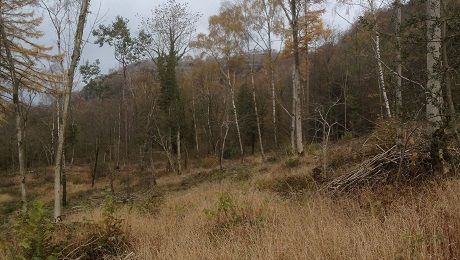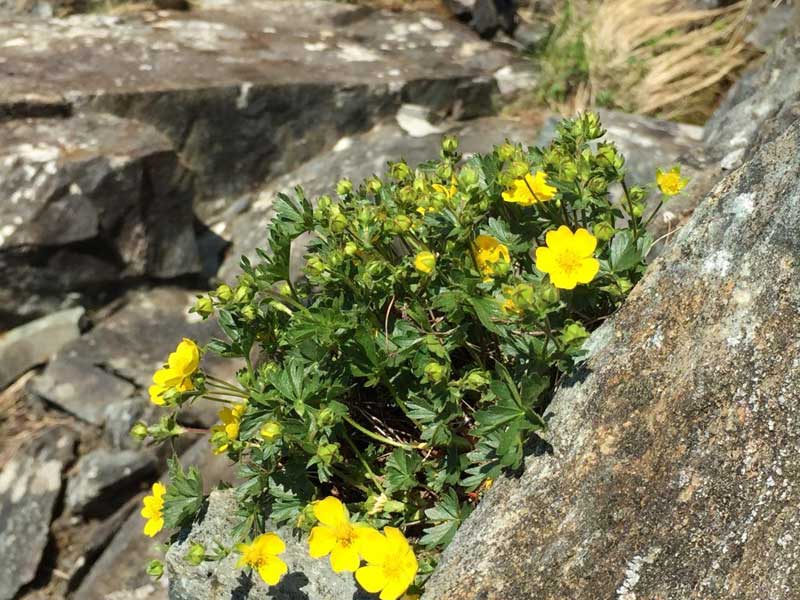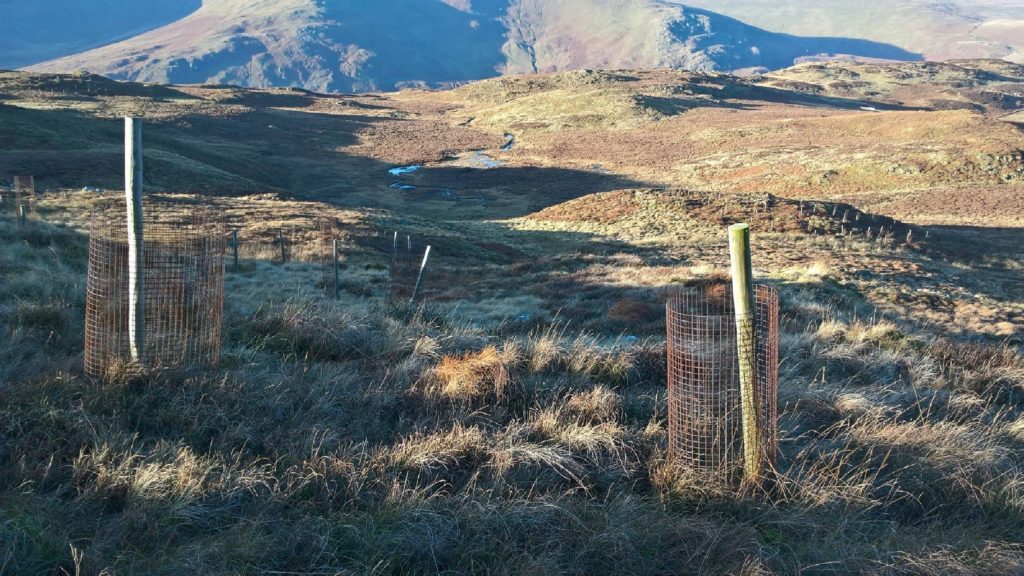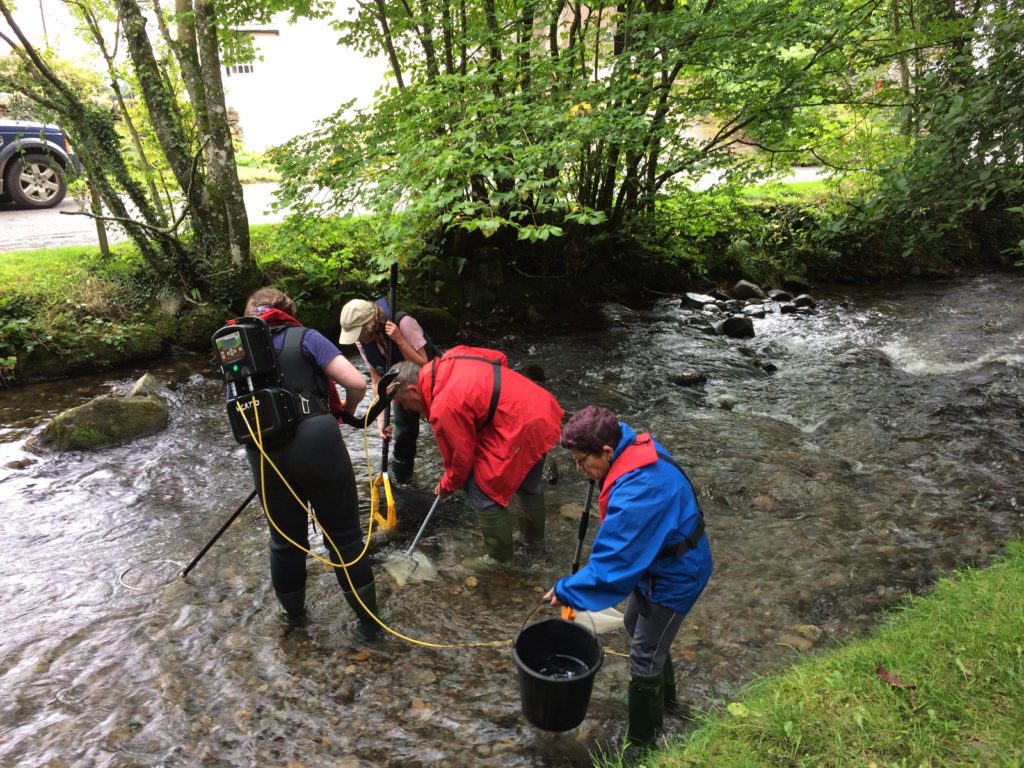
The Lake District Hotels Association (LDHA) are excited to announce their 2019 official charity partner will be the Lake District Foundation.
The Lake District Foundation (LDF) is a charity dedicated to care for the Lake District National Park and Cumbria. LDF’s ambition is to raise £1 from each of the 19million visitors to the Lake District.
This newly formed partnership with LDF is a perfect way to celebrate the surrounding natural environment. LDHA, with its 40 members of independent hoteliers and tourist attractions, provide economic growth and employment to the tourism and hospitality industry by inviting national and international visitors to celebrate the beauty of the North West.
Joe Cobb, Chairman of LDHA said: “We are delighted to work closely with such a fantastic charity. The Lake District and Cumbria is such a magical place for everyone to enjoy, we feel it’s incredibly important to maintain this beauty and invest back into the land and the lakes for many years to come.”
LDHA developed The Real Lake District campaign which promotes the Lake District as a holiday destination. This partnership will enable LDF to promote fundraising projects to a growing 70,000 global fan base through the LDHA’s popular social platforms, website and app called The Real Lake District.
LDF CEO Sarah Swindley commented: “We are absolutely thrilled to be announced as the official charity partner for the Lake District Hotels Association. By working together with the Association it will unlock a coordinated approach to fundraising and provide a greater platform to inspire people to care for and donate to projects that look after the spectacular wildlife, landscapes and cultural heritage of the Lake District and Cumbria”
As the official charity partner, the LDHA will recognise and promote the Lake District Foundation as their main charity, as well as supporting a variety of local initiatives and alongside their own individual charity work.





